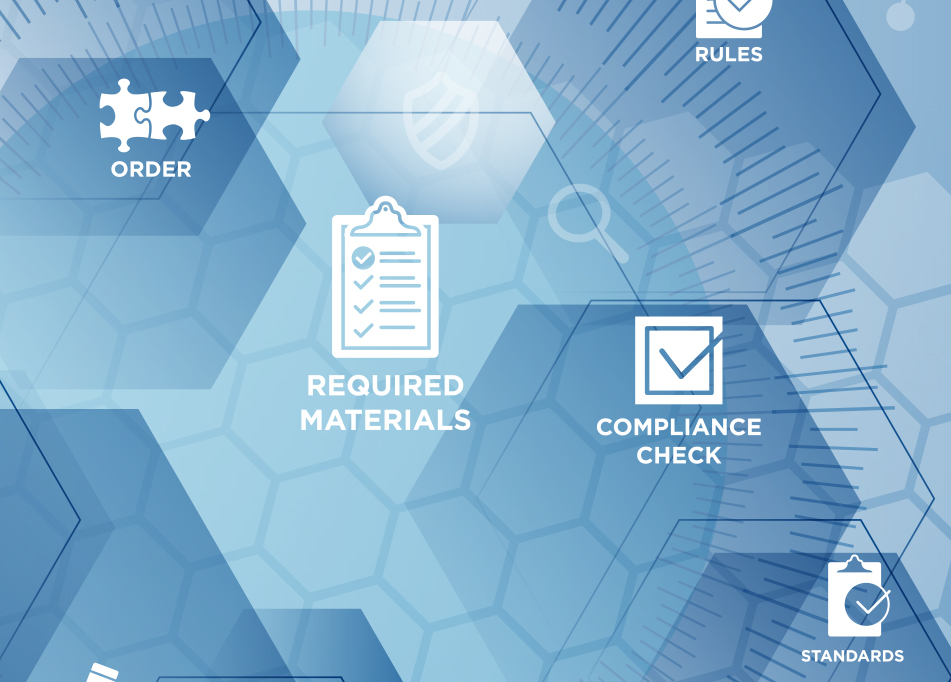Mass testing scenarios prompt whopping financial projections.
Health insurers have started to push back against payment requirements for COVID-19 testing. This can be seen both in the debate by insurers about what their specific obligations are and by active lobbying to change their legislative and regulatory requirements.
Some insurers will not cover tests for asymptomatic patients, saying that testing in these cases in unnecessary. Blue Cross of Idaho, for example, released a policy effective June 10, 2020, which states “PCR testing for COVID-19 in asymptomatic individuals is not clinically appropriate and therefore not medically necessary” in certain settings and situations.
Danielle Sloane, an attorney with Bass, Berry and Sims, spoke with the COVID-19 STAT Intelligence Briefings Service about the questions insurers are posing.

Medical necessity will put COVID-19 testing payment to the test, says Danielle Sloane of Bass, Berry and Sims. (Photo used with permission.)
“There are still some questions, particularly in healthcare facility settings where they want to test their workers, or employers who just want to test their employees before they bring them back to work,” Sloane said. “Is that medically necessary testing—and is it even health insurance-covered testing—because are you doing it more for the individual’s health or to protect the people who are around that person, to protect the facility and the other patients and the workers?”
Why: Broad Coverage Requirements of FFCRA and CARES at Issue
The Families First Coronavirus Response Act (FFCRA), signed into law on March 18, 2020, requires insurers to pay for diagnostic SARS-CoV-2 testing at no cost to the beneficiary. This reduced the cost of diagnostic COVID-19 testing for those with health insurance, increasing the likelihood that they would seek out testing.
The Coronavirus Aid, Relief, and Economic Security (CARES) Act, which was passed shortly afterward on March 27, 2020, broadened the COVID-19 testing coverage requirements for insurers.
An interview with Loren Adler, Associate Director of the USC-Brookings Schaeffer Initiative for Health Policy, published at Bloomberg Law, gives a better sense of just how broad: “Insurers under the CARES law must either pay the negotiated in-network rate or, if the test provider isn’t in the insurer’s network, the listed cash price. Insurers have to pay for out-of-network services with no cost-sharing as well,” the article states.
COVID-19 Cost Modeling Projects Potential Exposure
According to a recent POLITICO article, multiple sources have reported that America’s Health Insurance Plans (AHIP) and the Blue Cross Blue Shield Association, among other private insurers, have expressed concern about being required to pay for unreliable tests and have lobbied for more restrictions on which tests insurers will cover.
The AHIP even published an extensive COVID-19 test cost modeling report. In it is a range of potential costs associated with outpatient (diagnostic and antibody) testing. Some highlights in the analyses of Wakely Consulting Group include:
- There remain large levels of uncertainty on the level of utilization for tests.
- Given the uncertainty, there is a wide range of the overall cost for testing for COVID. In addition to the cost of the test, many tests will have associated costs if the member has an office visit, goes to urgent care, etc. It was assumed that 30% to 50% of diagnostic tests and 25% to 50% of antibody tests would have associated provider costs to support the administration of the tests.
- The estimated cost of the test varied by line of business. It was assumed to be between $50 and $100 for diagnostic testing for Medicare and Medicaid and between $40 and $60 per test for antibody testing for Medicare and Medicaid. Commercial testing was assumed to be approximately 25% higher than the average cost for Medicare and Medicaid. The estimated cost of the administration of the tests is between $90 and $125 for diagnostic and antibody testing for Medicare and Medicaid.
“The estimated cost of the testing under the mass testing scenarios, including the cost of administration, produced a range of results. The highest estimates of $25.1 billion for diagnostic testing and $19.1 billion for antibody testing result from the highest utilization and higher unit cost assumptions,” according to the Wakely report, which was authored by Julie Peper, FSA, MAAA, and Michael Cohen, PhD, and can be accessed through the AHIP website.
It remains to be seen what the long-term outcome of insurers’ influence will be. Health insurers have fared relatively well financially during the COVID-19 pandemic, making their situation less sympathetic from a political standpoint. On the other hand, it is also reported that there have been some extravagant charges, and some clinical laboratories may be taking advantage of the legal obligations of insurers. For Bloomberg Government, Paul Hain of Blue Cross Blue Shield of Texas reports that they have received “hundreds of claims” for tests priced at $250 or more, with some priced at almost $1,000. Furthermore, POLITICO reports that one lab billed a national insurer $6,946 for a single COVID-19 test.
Implications for Clinical Laboratories
Depending upon the degree of success that health insurers have in lobbying for reducing their obligations to pay for COVID-19 testing, clinical laboratories may experience some reduction in the compensation they receive for COVID-19 tests. Laboratories may also see a reduction in the number of tests if insured patients are less likely to seek testing because of changes in their coverage.
Clinical laboratories should also consider that health insurers will have varying perspectives on their obligations to pay for testing for asymptomatic individuals and for screening or epidemiological testing. The specific coverage may vary based on the carrier and on the locality.
Clinical laboratory leaders and pathologists should be aware of the circumstances affecting their specific situation, while continuing to keep themselves apprised of developments as they occur.

—By Caleb Williams, Editor, COVID-19 STAT
Related Resources:
Insurers Seek Relief From Mandate to Pay for Virus Antibody Tests
Health Insurers Seek to Bend Curve on Covid Testing Prices (1)
Blue Cross of Idaho MP 02.04.573 Testing for COVID-19COVID-19 Cost
Estimating the Cost of COVID-19 Testing for U.S. Private Insurance Providers






